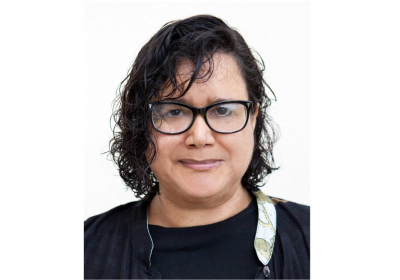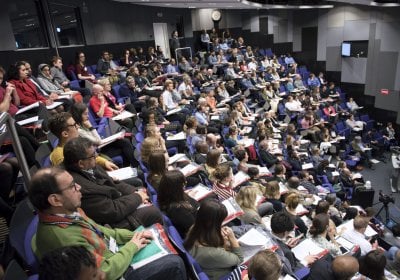An Authoritarian History of International Health: Public Health and International Expertise in Franco’s Spain
This history of international health has tended to focus on the work of international organisations, western philanthropic groups, and experts from the liberal states of Europe and North America. Liberal internationalists undoubtedly played a key role in the modern history of international health, but they only form part of the story. Recent research has begun to explore modern international health cooperation which took place beyond the confines of these liberal institutions and societies, including between socialist states during the Cold War. This paper aims to further these lines of enquiry by exploring the history of mid-twentieth century international health from the perspective of the authoritarian right, focussing on the case study of Franco’s Spain. Francoist health officials and experts engaged with various forms of international cooperation and exchange, but their work challenges us to rethink our traditional understanding of international health history.
The paper will examine some of the key ways in which Francoist health experts cooperated beyond their national borders. During the Second World War many focussed their attention on Nazi Germany, taking part in the various forms of international health cooperation organised under the auspices of the Nazi ‘New Order’. After the war, a fierce debate raged over whether Spain should be admitted to the WHO. The country was ultimately excluded for six years, but the controversy surrounding the issue illustrates the ways in which authoritarian regimes could exploit the idea of international health as a ‘technical’ and ‘apolitical’ field to further their political goals. Beyond the WHO, Spanish experts built networks of cooperation around their small colonial territories in Africa, and around their former imperial relationships in Latin America. This involved cooperation with other imperial powers, combined efforts to prevent the interference of organisations such as the WHO and UNICEF in colonial affairs, and the promotion of new regional patterns of health cooperation based on shared history, language, culture and religion. Religious identity also formed the basis for the international cooperation between Catholic humanitarian and health organisations which provided one of the most fruitful ways for Francoist experts to work internationally during the early stages of the Cold War. These diverse forms of cross-border cooperation point to the need to incorporate the authoritarian history of international health into our understanding of the field.




